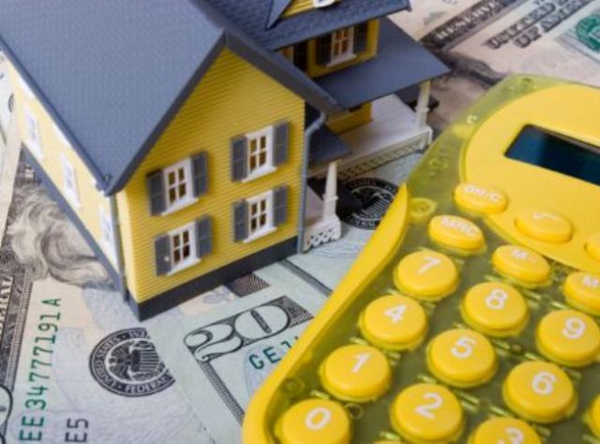Things to Consider Before You Refinance Your Home
With the current low interest rates, it’s very tempting to refinance your home. But before you apply for that new refi mortgage, there are several things you should do:

Check your credit report. The majority of credit reports have errors of one kind or another – from misspelled names to more serious inaccuracies. So check your credit with the credit agencies (Equifax, Experian and Transunion). If you do find an error, write a letter to the credit bureau and ask that they correct the mistake.
Pay down credit accounts with high balances. That doesn’t mean closing those accounts – you should still keep about four credit accounts open. It also helps if those accounts are different types of credit: for example, a car loan, a student loan and a credit card or two in addition to your mortgage. That shows creditors that you are able to manage different types of credit responsibly. And for best results, your debt to credit ratio should be about 20% – meaning that your credit cards should be as far from maxed out as possible.
Find out if you have at least 20% equity in your home. If you apply for a new loan that’s over 80% of your home’s value, you’ll be required to pay for private mortgage insurance – an added monthly expense that might make it less beneficial to refinance.
Consider your financial goals. Different situations call for different types of mortgages, even when you’re refinancing. People worried about their job security or the job market in their field should opt for the lowest payment possible – regardless of term. Others with more disposable income might choose a mortgage with a shorter term (such as a 10- or 15-year mortgage) and higher payments so they can be debt-free by retirement. Also, how long do you plan to stay in your current house? If you think you might want to move in the next few years, it might be better not to refinance until you’re sure of your plans.
Find out if there are prepayment penalties. If you have to pay a high penalty for paying off your current mortgage early, a refinance might not be cost-effective.
Do your research before choosing a bank to refinance your mortgage. Just because you receive a very attractive offer in the mail doesn’t mean it is a smart deal. Consider contacting your current bank to see what kind of mortgage refinance deal you could get from them – after all, they already know you, and that could make the application process easier.
Finally, two things not to do before refinancing your home: First, don’t apply for a new credit card, car loan or other line of credit – that lowers your credit score and could result in a higher interest rate on your new mortgage. Second, beware of companies offering to fix your credit problems. You can pay down your debt and take steps to correct credit report errors on your own without paying someone else to do it.
Refinancing your home can be a great way to lower your monthly mortgage payment, and that allows you to save more for retirement or make repairs to your home that enhance its value. Just be sure to get the best deal and avoid costly mistakes.
Natalie Cooper provides consumers with personal finance advice ranging from budgeting to mortgages. She writes for Purechecks.com, a leading check printing company of designer personal and business checks.
Things To Consider Before You Refinance Your Home

